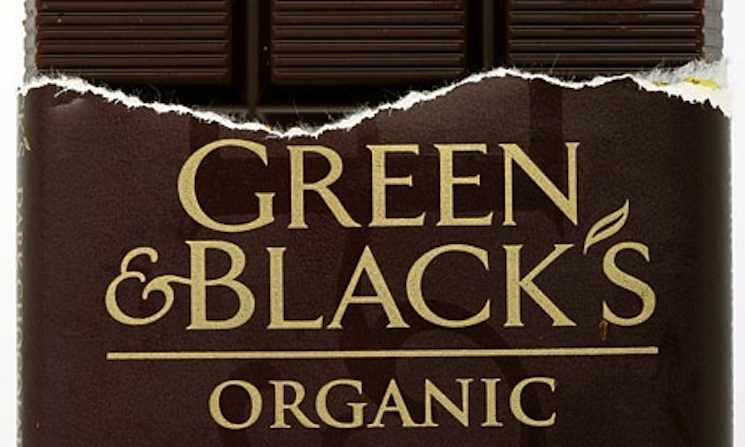 When you see a product marked with the Fair Trade emblem, it means the farmers were paid top dollar for their goods. UK Green & Black Maya Gold – a chocolate bar, made with organic cacao from Belize, is the epitome of such a product – the first British one to carry it.
When you see a product marked with the Fair Trade emblem, it means the farmers were paid top dollar for their goods. UK Green & Black Maya Gold – a chocolate bar, made with organic cacao from Belize, is the epitome of such a product – the first British one to carry it.
What Craig Sams offered the farmers in 1994 was a five-year rolling contract, training in management and accountancy, help with Soil Association certification, a sizeable cash advance, plus a fixed price of Belize $1.25 per pound when the market price was only 55 cents. The deal was accepted and Maya Gold was awarded the Fairtrade mark.
To this day, Green & Black’s buys all the organic cacao produced in the Toledo district, paying the farmers a minimum price of US$1,600 (£900) per metric tonne, a Fairtrade premium of US$150 a tonne to be invested in social projects, and an organic premium of US$200 a tonne to cover the costs of Soil Association certification. It also funds 27 extension officers, local people trained in agronomy, nursery management, IT and administration. According to Gregor Hargrove, Green & Black’s Canadian project manager, 92 cents of every dollar the farmers earn goes to their families – “the highest return for any agricultural product”.
These days, 70 percent of children in the outlying Maya villages benefit from secondary education in Punta Gorda, compared to 10 percent before Green & Black’s. Women, who are expert at fermenting and drying beans, have been empowered; villagers who used to live in rudimentary huts now have wooden bungalows with concrete floors; and the Maya – who comprise many, but not all, of the TCGA’s members – find themselves with a new status and a new voice.



















